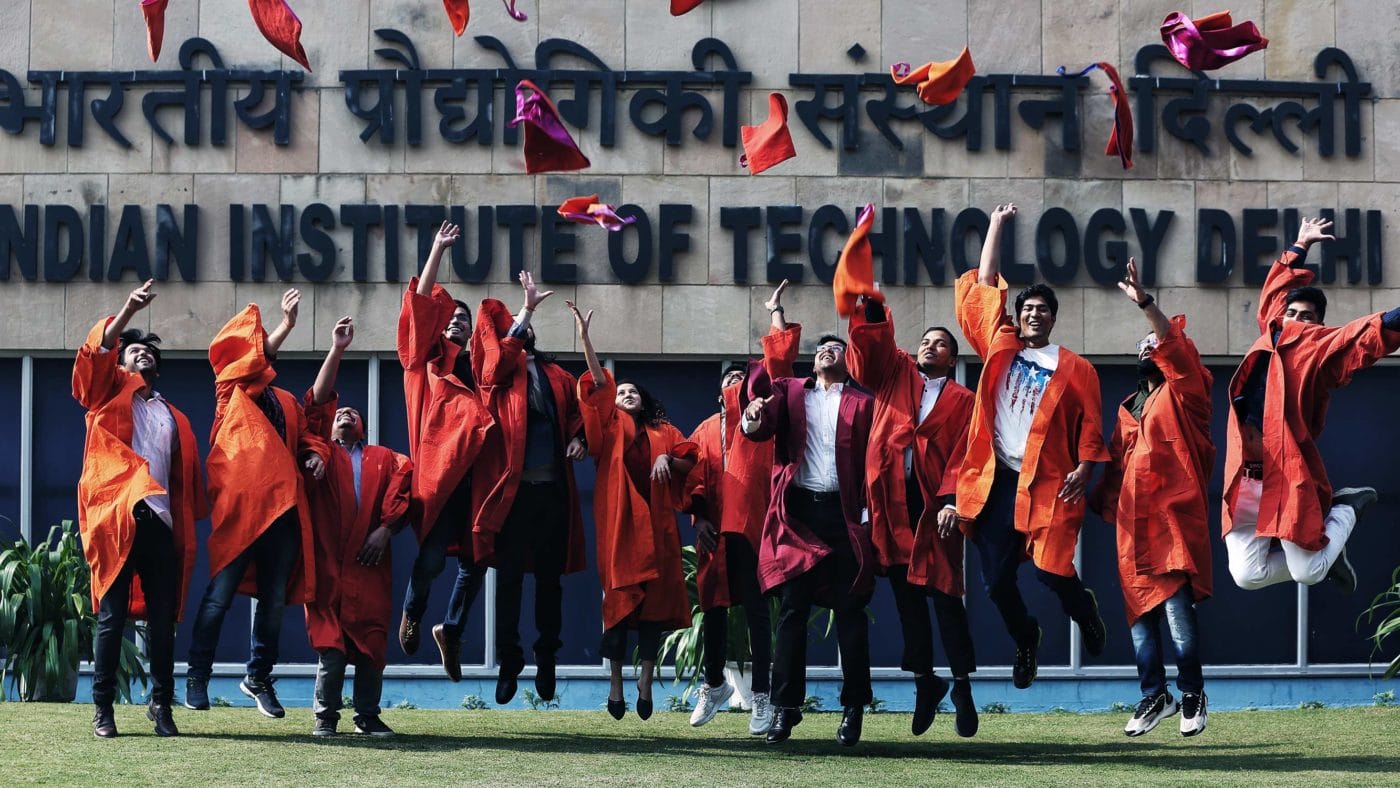Rankings are enormously powerful. They help us decide where we eat, who we work for and, in the case of university league tables, where we study.
But their influence goes further, and rankings can be a fine example of Goodhart’s Law often applies – when a measure becomes a target, it ceases to be a good measure. Restaurants, employers, and universities understand their power and adjust their own offerings accordingly. It can be as innocuous as a tour guide asking you to review them after an enjoyable trip. On the other hand, many academics tell me the influence of the National Student Survey and its impact on league tables has led, for better and for worse, to empowered students.
Consumers are not the only people who use league tables. International rankings such as the OECD’s Pisa for education and the World Bank’s Ease of Doing Business index are taken seriously by governments. In many cases, they are a force for good and prompt sensible reforms.
The key for policymakers and consumers alike is to be careful to understand what is and isn’t being measured. Every list has its strengths and weaknesses. Speaking from experience, if you want a great meal in London you’re better off relying on food critics than TripAdvisor rankings.
The need for nuance when it comes to rankings is highlighted by a new report from The Entrepreneurs Network (which I co-authored). The study looks at the recently opened High Potential Individual (HPI) visa route, which allows graduates from top international universities to move to the UK for 2 years without a job offer.
The HPI route is fundamentally a good idea. Half of Britain’s fastest growing businesses were founded by immigrants and most of them attended elite academic institutions.
So what’s the issue?
The issue is one of definitions. The Government defines ‘top global university’ as any university that appears in the top 50 on two of three international rankings. The problem is none of the three lists (QS, Times Higher Education, Shanghai’s Academic World Ranking of Universities) take into account graduate outcomes. Well, that’s not entirely true – the Shanghai ranking is based, in part, on the number of Fields Medals and Nobel Prizes won by grads.
To be fair to the various rankings, they were not designed to shape immigration policy. And to be fair to the Government, they need to draw a line somewhere. While I suspect Rishi Sunak would rather have just declared ‘Freedom of Movement for Stanford Graduates’, the Government’s approach at least feels somewhat objective.
The question any critic should answer is ‘do you have a better alternative?’.
Here’s what we suggest: what if we ranked universities not by teacher-to-student ratios or research outputs, but by how their graduates do in the world of work? An alternative method developed by economists Martellini, Schoellman, and Sockin uses real-world labour market data from Glassdoor for graduates from around 3,300 colleges across 66 countries to do just that.
Importantly, their method compares grads on a level-playing field. As earnings vary from labour market to market – a taxi driver will earn more in Zurich than in Lagos – the study only compares grads competing in the same national labour markets.
It turns out that graduates from most of the top 25 global universities by average earnings are not eligible for the HPI visa route. The most glaring omissions are graduates from India’s prestigious Institutes of Technology (IITs). Famed for their ultra-tough entrance exams, IITs have educated the CEOs of a growing number of US tech firms including Google, IBM, and Twitter. IITs are not the only STEM-focused Indian universities to miss out either – grads from almost 20 Indian universities outperform those from the median eligible university.
There are two other groups who miss out. Many small, ultra-selective liberal arts colleges in the US would be included if the Government took into account real-world earnings data, as would a number of business and economics focused-institutions such as the Stockholm School of Economics and Copenhagen Business School.
In fact, if the UK adopted this method and accepted any overseas graduates who attended a university with higher potential earnings than the median-performing, currently eligible university, it would offer a visa route for graduates from approximately 100 universities, spanning 12 different countries.
When they announced the HPI visa, the Government raised the possibility of ‘expand[ing] eligibility to other characteristics of high potential [beyond attendance at a top global university]’.
Taking real-world data on graduate earnings would be a good start, but it’s just a start. If the Government is serious about turning the UK into a science and tech startup superpower, why not announce free movement for Y-Combinator alumni or MBA holders too? As Rishi Sunak himself puts it, our approach to visas should be: ‘Less ‘build it and they will come’, and more ‘let them come and they will build it’.’
Click here to subscribe to our daily briefing – the best pieces from CapX and across the web.
CapX depends on the generosity of its readers. If you value what we do, please consider making a donation.


